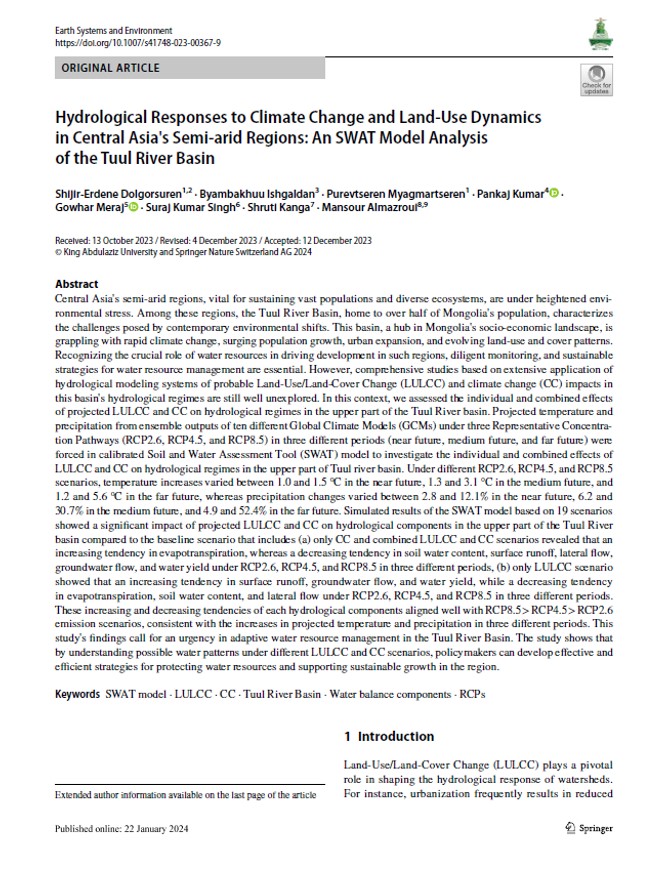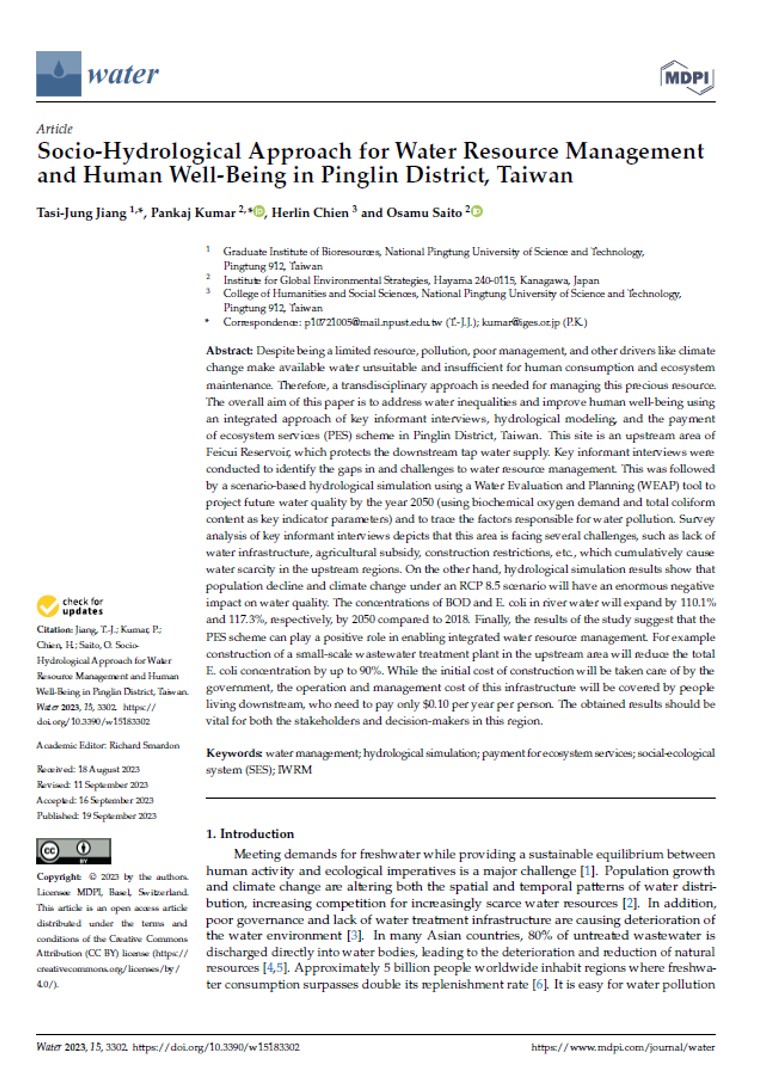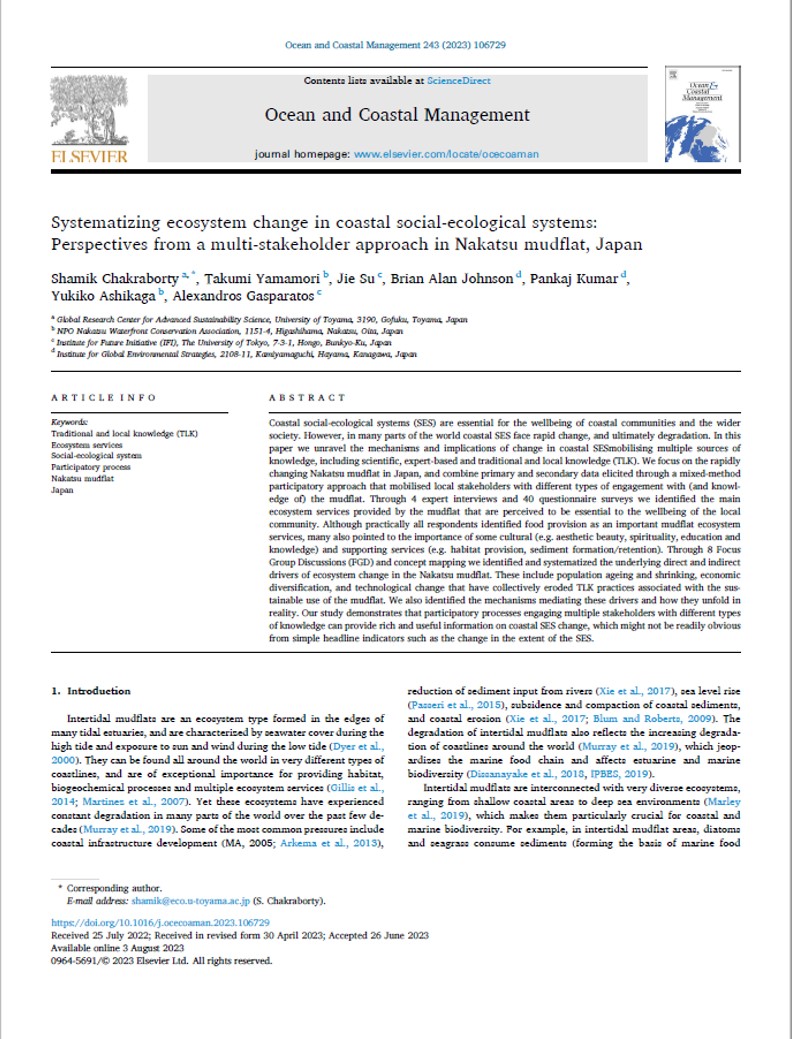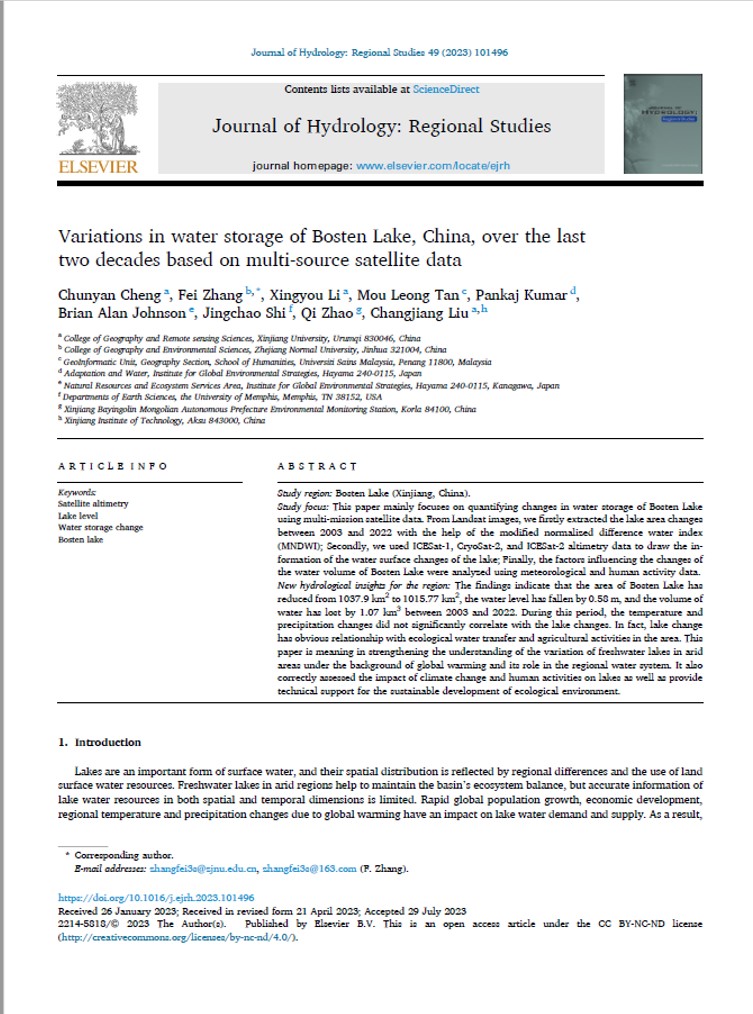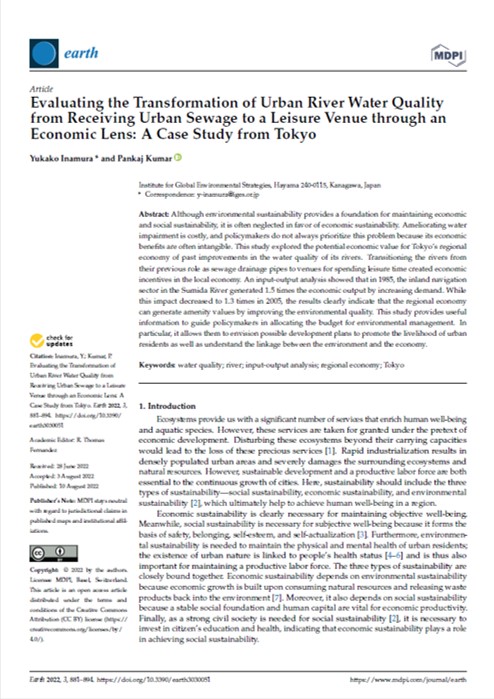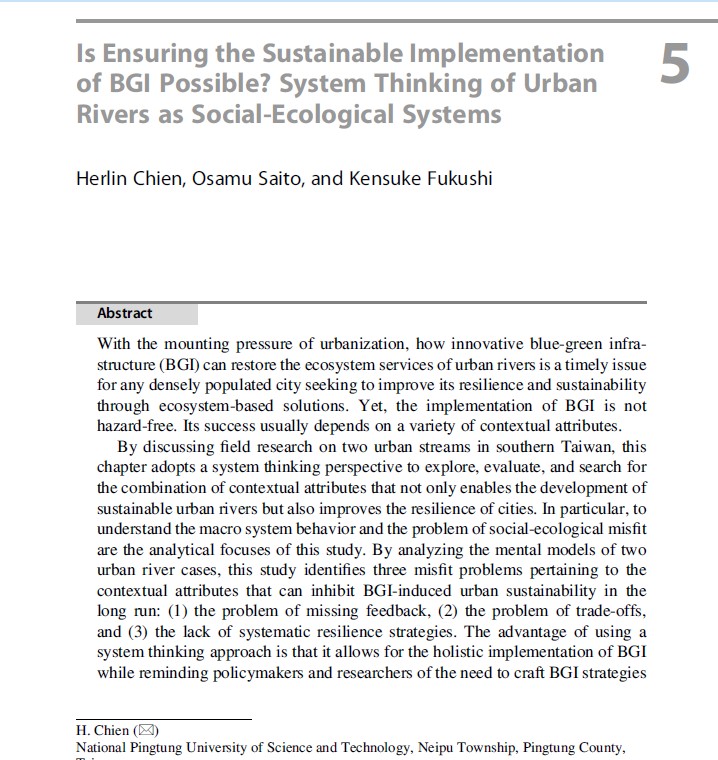In Earth Systems and Environment
Central Asia's semi-arid regions, vital for sustaining vast populations and diverse ecosystems, are under heightened environmental stress. Among these regions, the Tuul River Basin, home to over half of Mongolia's population, characterizes the challenges posed by contemporary environmental shifts. This basin, a hub in Mongolia's socio-economic...

